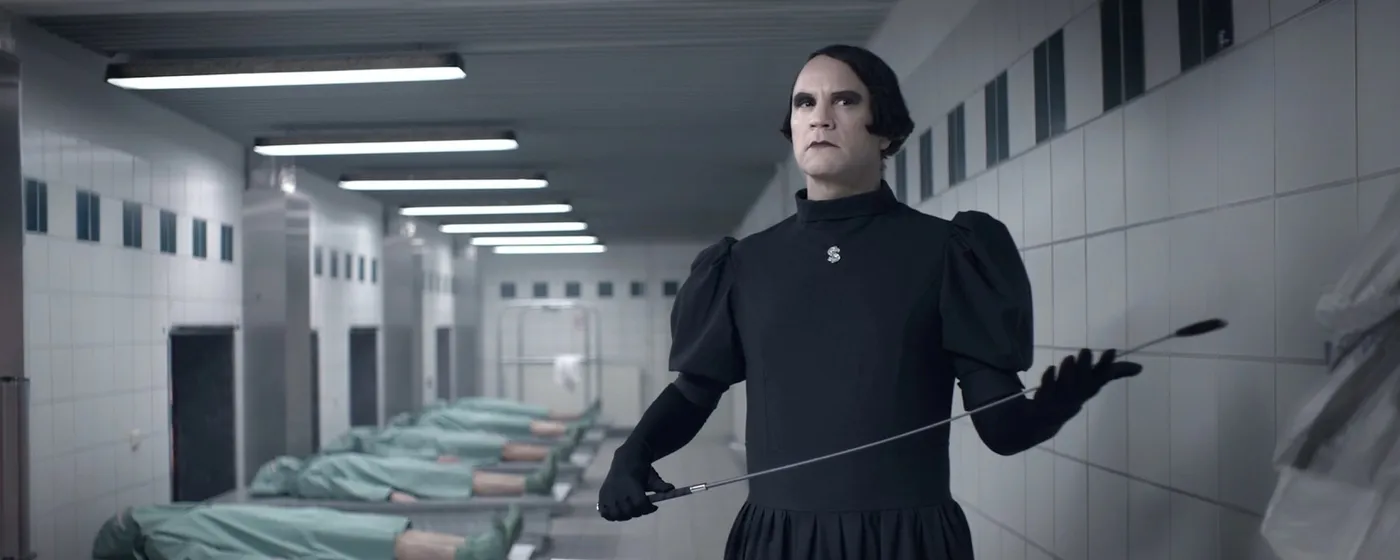
Metabolic Rift
From CIFRA: Imagine Earth as a living organism, constantly exchanging energy with the cosmos. But this delicate balance is under threat. Our human societies, driven by the relentless pursuit of growth, have created a rift in this metabolic relationship. We've taken more than we give back, leaving a trail of destruction in our wake. This curatorial playlist, assembled by independent curator, film programmer, writer, and lecturer Vanina Saracino, delves into the heart of this crisis. These works challenge the status quo, urging us to reconsider our relationship with the Earth before it's too late. Let’s try to imagine a future where we exist in harmony with, not at the expense of, our environment. From Vanina Saracino: Earth can be seen as a complex organism with its own metabolic processes. The sun radiates energy toward cosmic space, and an infinitesimal portion of this light is caught by earthlings and transformed through complex molecular entanglements. Life has mutated and evolved over millions of years, and its agents have appeared and disappeared, evolved or become extinct, yet life’s metabolic continuum has never been interrupted. Human societies, as the rest of life on earth, rely on metabolism with nature—an exchange of energy, resources, and materials between humans and the natural environment. However, the profit-driven pressures of capitalism, inclined towards endless accumulation, render this relationship unsustainable. A rift is open. The idea of a metabolic rift gained prominence through the work of environmental sociologist John Bellamy Foster, who used it to articulate the ecological implications of Marx's ideas—which were long overlooked or understudied. This rift points to the disruption of the metabolic relationship between humans and nature caused by capitalist modes of production. A fracture between human societies and the rest of the system-planet that has been created by the capitalist paradigm of growth, and that therefore demands to be addressed not only with the research of “sustainable” solutions, but with a radical change of paradigm that disentangles capitalist production from the pursuit of accumulation and growth, imagining a future (or many futures) based on degrowth, before the collapse of the entire system forces a radical change of human life habits. The works in this program delve more or less directly into the paradigms of capitalism, its paradoxical effects, its detrimental results, and its impending decline, by showing different facets of the metabolic process on the surface of the Earth. Rekindling a connection with planetary metabolic processes, the works situate humans within nature, rather than above or in opposition to it.
Tags
Authors in playlist
Pieces in playlist










